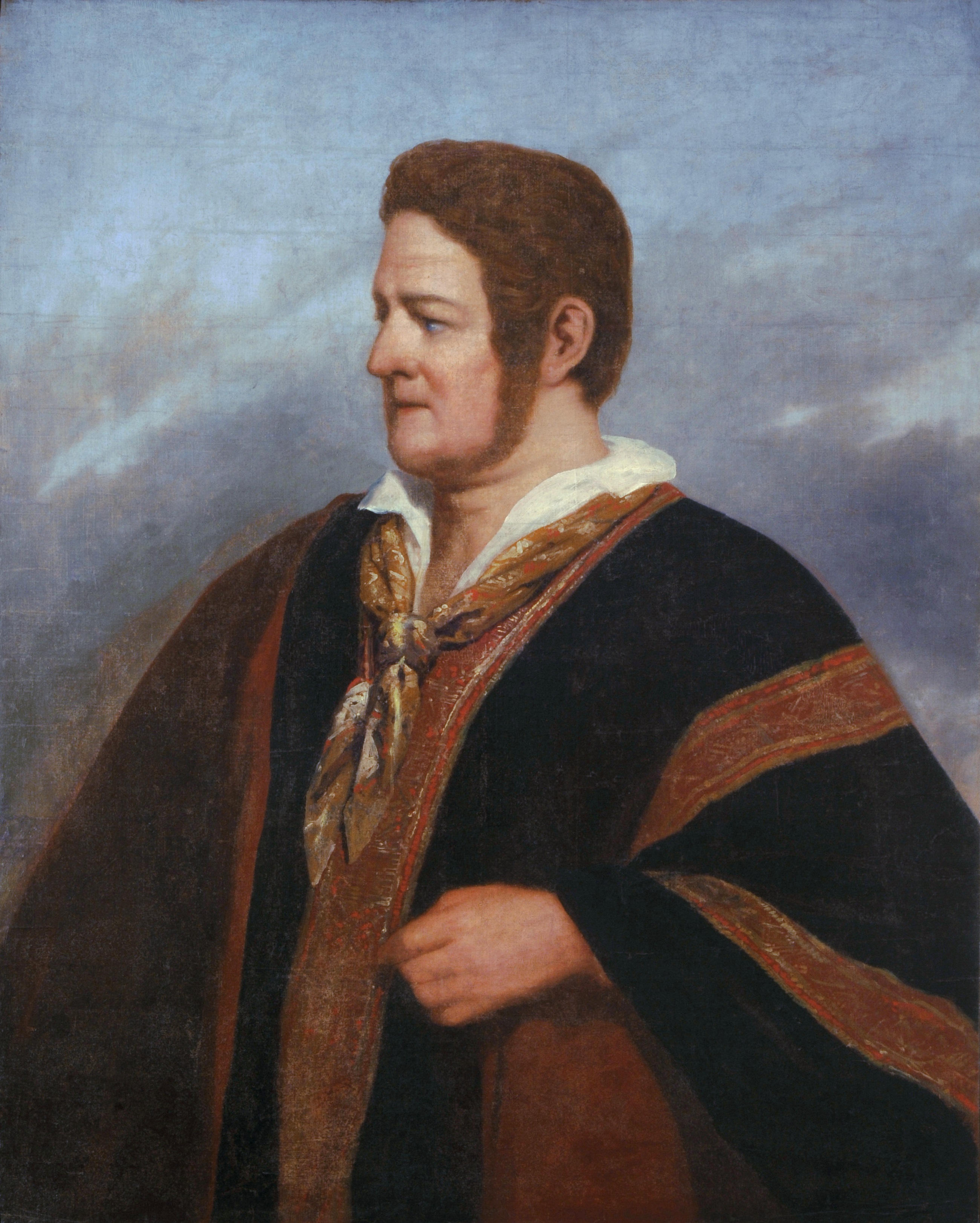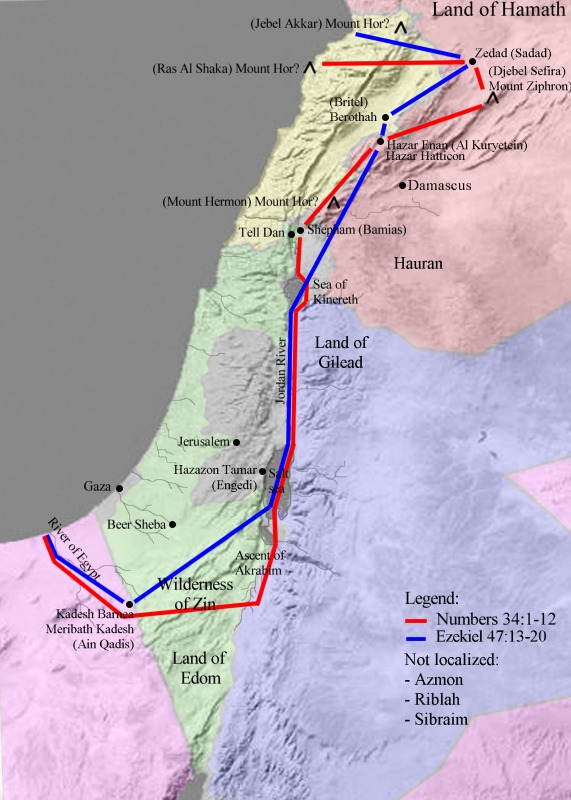|
The Jewish Gauchos (Novel)
The Jewish Gauchos, (''Los Gauchos Judíos'' in Spanish, and published in English as The Jewish Gauchos of the Pampas) is a novel of Ukrainian-born Argentine writer and journalist Alberto Gerchunoff, who is regarded as the founder of Jewish literature in Latin America.Hussar, James A. (2008)"Cycling through the pampas: fictionalized accounts of Jewish agricultural colonization in Argentina and Brazil" University of Notre Dame, pag. 8. Gerchunoff published the work in 1910, during the celebrations of Argentina's May Revolution centennial. The ''Encyclopaedia Judaica'' states that ''The Jewish Gauchos'' is the first Latin American literary piece depicting Jewish immigration to the New World, and the first literary work written in Spanish by a Jewish author in modern times. The novel ranks 35th in the "Jewish Cannon", which lists the best 100 books of modern Jewish Literature. Background The first Jewish families arrived in Argentina in October 1888. In August 1889, the Jewish Col ... [...More Info...] [...Related Items...] OR: [Wikipedia] [Google] [Baidu] |
Alberto Gerchunoff
Alberto Gerchunoff (January 1, 1883 – March 2, 1950), was an Argentine writer born in the Russian Empire, in the city of Proskuriv, now Khmelnytskyi, Ukraine. Biography His family emigrated in 1889 to the Argentinian Jewish agricultural colony of Moïseville, now Moisés Ville, Santa Fe. His father, Rab Gershon ben Abraham Gerchunoff was murdered by a gaucho on February 12, 1891. After a few months the family moved to Rajil, another Jewish settlement near Villaguay, Entre Ríos. The colony was founded by philanthropist Baron Maurice de Hirsch as a haven for Jews fleeing the pogroms of Europe. Later, he lived in Argentina's capital, Buenos Aires. Jorge Luis Borges described him thus: ::He was an indisputable writer, but his reputation transcends that of a man of letters. Unintentionally and perhaps unwittingly, he embodied an older type of writer ... who saw the written word as a mere stand-in for the oral, not as a sacred object. Although he worked primarily as a journali ... [...More Info...] [...Related Items...] OR: [Wikipedia] [Google] [Baidu] |
Entre Ríos Province
Entre Ríos (, "Between Rivers") is a central province of Argentina, located in the Mesopotamia region. It borders the provinces of Buenos Aires (south), Corrientes (north) and Santa Fe (west), and Uruguay in the east. Its capital is Paraná (250,000 inhabitants), which lies on the Paraná River, opposite the city of Santa Fe. Together with Córdoba and Santa Fe, since 1999, the province is part of the economic-political association known as the Center Region. History The first inhabitants of the area that is now Entre Ríos were the Charrúa and Chaná who each occupied separate parts of the region. Spaniards entered in 1520, when Rodríguez Serrano ventured up the Uruguay River searching for the Pacific Ocean. The first permanent Spanish settlement was erected in the current La Paz Department at the end of the 16th century. As governor of Asunción first and then of Buenos Aires, Hernandarias conducted expeditions to Entre Ríos unexplored lands. Juan de Garay, af ... [...More Info...] [...Related Items...] OR: [Wikipedia] [Google] [Baidu] |
Facundo
''Facundo: Civilization and Barbarism'' (original Spanish title: ''Facundo: Civilización y Barbarie'') is a book written in 1845 by Domingo Faustino Sarmiento, a writer and journalist who became the second president of Argentina. It is a cornerstone of Latin American literature: a work of creative non-fiction that helped to define the parameters for thinking about the region's development, modernization, power, and culture. Subtitled ''Civilization and Barbarism'', ''Facundo'' contrasts civilization and barbarism as seen in early 19th-century Argentina. Literary critic Roberto González Echevarría calls the work "the most important book written by a Latin American in any discipline or genre". ''Facundo'' describes the life of Juan Facundo Quiroga, a ''caudillo'' who had terrorized provincial Argentina in the 1820s and 1830s. Kathleen Ross, one of ''Facundos English translators, points out that the author also published ''Facundo'' to "denounce the tyranny of the Argentine dict ... [...More Info...] [...Related Items...] OR: [Wikipedia] [Google] [Baidu] |
Domingo Faustino Sarmiento
Domingo Faustino Sarmiento (; born Domingo Faustino Fidel Valentín Sarmiento y Albarracín; 15 February 1811 – 11 September 1888) was an Argentine activist, intellectual, writer, statesman and the second President of Argentina. His writing spanned a wide range of genres and topics, from journalism to autobiography, to political philosophy and history. He was a member of a group of intellectuals, known as the '' Generation of 1837'', who had a great influence on 19th-century Argentina. He was particularly concerned with educational issues and was also an important influence on the region's literature. Sarmiento grew up in a poor but politically active family that paved the way for many of his future accomplishments. Between 1843 and 1850, he was frequently in exile, and wrote in both Chile and in Argentina. His greatest literary achievement was ''Facundo'', a critique of Juan Manuel de Rosas, that Sarmiento wrote while working for the newspaper ''El Progreso'' during his e ... [...More Info...] [...Related Items...] OR: [Wikipedia] [Google] [Baidu] |
Gaucho Literature
Gaucho literature, also known as gauchesco ("gauchoesque") genre was a literary movement purporting to use the language of the gauchos, comparable to the American cowboy, and reflecting their mentality. Although earlier works have been identified as gauchoesque, the movement particularly thrived from the 1870s to 1920s in Argentina, Uruguay and southern Brazil after which the movement petered out, although some works continued to be written. Gauchoesque works continue to be read and studied as a significant part of Argentine literary history.Henderson, Helene, and Jay P. Pederson, editors, ''Twentieth-Century Literary Movements Dictionary'', Detroit: Omnigraphics Inc., 2000 The movement arose as writers in those countries developed their understanding of their national identities. Three great poets in this trend were, José Hernández, Estanislao del Campo and Hilario Ascasubi. The influence of folk music and a countrified language has always, to some extent, been felt in pop ... [...More Info...] [...Related Items...] OR: [Wikipedia] [Google] [Baidu] |
Judaeo-Spanish
Judaeo-Spanish or Judeo-Spanish (autonym , Hebrew alphabet, Hebrew script: , Cyrillic script, Cyrillic: ), also known as Ladino, is a Romance languages, Romance language derived from Old Spanish language, Old Spanish. Originally spoken in Spain, and then after the Alhambra Decree, Edict of Expulsion spreading through the Ottoman Empire (the Balkans, Turkey, Western Asia, and North Africa) as well as France, Italy, Kingdom of the Netherlands, the Netherlands, Morocco, and Kingdom of England, England, it is today spoken mainly by Sephardi Jews, Sephardic Minority group, minorities in more than 30 countries, with most speakers residing in Israel. Although it has no official status in any country, it has been acknowledged as a minority language in Bosnia and Herzegovina, Israel, France, and Turkey. In 2017, it was formally recognised by the Real Academia Española, Royal Spanish Academy. The core vocabulary of Judaeo-Spanish is Old Spanish language, Old Spanish, and it has nume ... [...More Info...] [...Related Items...] OR: [Wikipedia] [Google] [Baidu] |
Jorge Luis Borges
Jorge Francisco Isidoro Luis Borges Acevedo (; ; 24 August 1899 – 14 June 1986) was an Argentine short-story writer, essayist, poet and translator, as well as a key figure in Spanish-language and international literature. His best-known books, ''Ficciones'' (''Fictions'') and '' El Aleph'' (''The Aleph''), published in the 1940s, are collections of short stories exploring themes of dreams, labyrinths, chance, infinity, archives, mirrors, fictional writers and mythology. Borges' works have contributed to philosophical literature and the fantasy genre, and majorly influenced the magic realist movement in 20th century Latin American literature.Theo L. D'Haen (1995) "Magical Realism and Postmodernism: Decentering Privileged Centers", in: Louis P. Zamora and Wendy B. Faris, ''Magical Realism: Theory, History and Community''. Duhan and London, Duke University Press, pp. 191–208. Born in Buenos Aires, Borges later moved with his family to Switzerland in 1914, where he studied ... [...More Info...] [...Related Items...] OR: [Wikipedia] [Google] [Baidu] |
Promised Land
The Promised Land ( he, הארץ המובטחת, translit.: ''ha'aretz hamuvtakhat''; ar, أرض الميعاد, translit.: ''ard al-mi'ad; also known as "The Land of Milk and Honey"'') is the land which, according to the Tanakh (the Hebrew Bible or the Old Testament), God promised and subsequently gave to Abraham and several more times to his descendants. In modern contexts, the phrase "Promised Land" expresses an image and an idea which is related to the restored homeland for the Jewish people and the concepts of salvation and liberation. Divine promise The concept of the Promised Land is based on verses in the Tanakh (the Hebrew Bible or the Old Testament), in which God speaks to Abraham. The promises given to Abraham happened prior to the birth of Isaac and were given to all his offspring signified through the rite of circumcision. Johann Friedrich Karl Keil is less clear, as he states that the covenant is through Isaac, but notes that Ishmael's descendants have he ... [...More Info...] [...Related Items...] OR: [Wikipedia] [Google] [Baidu] |
Utopia
A utopia ( ) typically describes an imaginary community or society that possesses highly desirable or nearly perfect qualities for its members. It was coined by Sir Thomas More for his 1516 book ''Utopia (book), Utopia'', describing a fictional island society in the New World. However, it may also denote an intentional community. In common parlance, the word or its adjectival form may be used synonymously with "impossible", "far-fetched" or "deluded". Hypothetical utopias focus on—amongst other things—equality, in such categories as economics, government and justice, with the method and structure of proposed implementation varying based on ideology. Lyman Tower Sargent argues that the nature of a utopia is inherently contradictory because societies are not homogeneous and have desires which conflict and therefore cannot simultaneously be satisfied. To quote: The opposite of a utopia is a dystopia or cacotopia. Utopian and dystopian fiction has become a popular literary catego ... [...More Info...] [...Related Items...] OR: [Wikipedia] [Google] [Baidu] |
Gaucho
A gaucho () or gaúcho () is a skilled horseman, reputed to be brave and unruly. The figure of the gaucho is a folk symbol of Argentina, Uruguay, Rio Grande do Sul in Brazil, and the south of Chilean Patagonia. Gauchos became greatly admired and renowned in legend, folklore, and literature and became an important part of their regional cultural tradition. Beginning late in the 19th century, after the heyday of the gauchos, they were celebrated by South American writers. The gaucho in some respects resembled members of other nineteenth century rural, horse-based cultures such as the North American cowboy ( in Spanish), of Central Chile, the Peruvian or , the Venezuelan and Colombian , the Ecuadorian , the Hawaiian , the Mexican , and the Portuguese . According to the , in its historical sense a gaucho was a "mestizo who, in the 18th and 19th centuries, inhabited Argentina, Uruguay, and Rio Grande do Sul in Brazil, and was a migratory horseman, and adept in cattle work". In Argen ... [...More Info...] [...Related Items...] OR: [Wikipedia] [Google] [Baidu] |
Rabbi
A rabbi () is a spiritual leader or religious teacher in Judaism. One becomes a rabbi by being ordained by another rabbi – known as '' semikha'' – following a course of study of Jewish history and texts such as the Talmud. The basic form of the rabbi developed in the Pharisaic (167 BCE–73 CE) and Talmudic (70–640 CE) eras, when learned teachers assembled to codify Judaism's written and oral laws. The title "rabbi" was first used in the first century CE. In more recent centuries, the duties of a rabbi became increasingly influenced by the duties of the Protestant Christian minister, hence the title " pulpit rabbis", and in 19th-century Germany and the United States rabbinic activities including sermons, pastoral counseling, and representing the community to the outside, all increased in importance. Within the various Jewish denominations, there are different requirements for rabbinic ordination, and differences in opinion regarding who is recognized as a rabbi. For ex ... [...More Info...] [...Related Items...] OR: [Wikipedia] [Google] [Baidu] |





.jpg)
